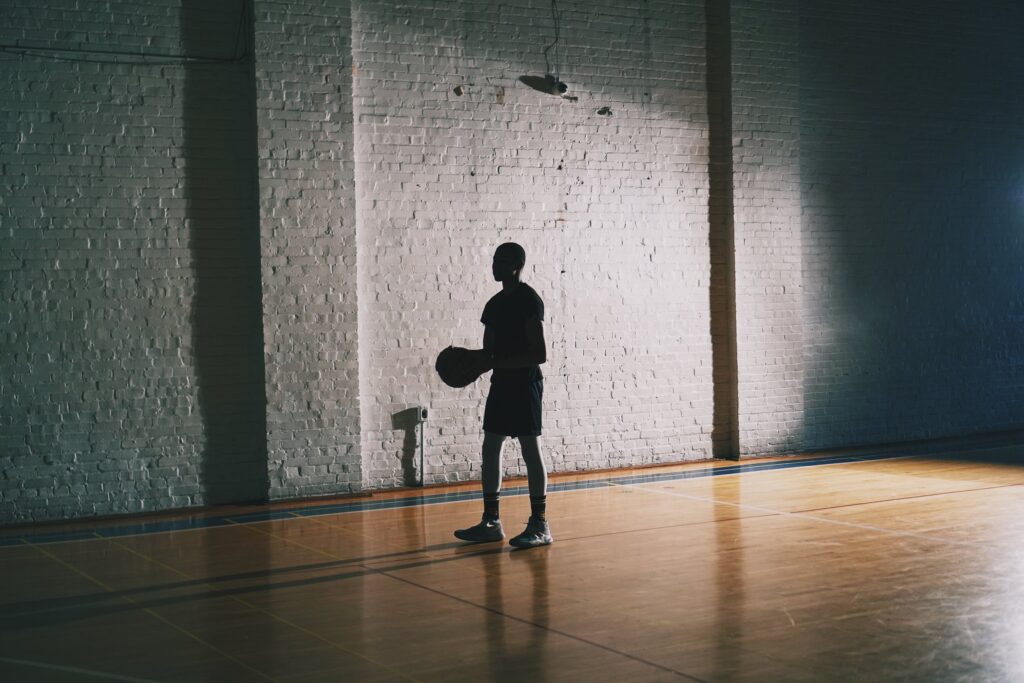What has been long-stigmatized by the professional sports industry for generations is now making headway as a topic of discussion and acceptance, with more recent dialogue from the professionals themselves forging the way. Mental health awareness is becoming a mainstream and frankly, required, focal point in the lives of pro athletes. With the help of All-Stars like Kevin Love and Paul Pierce, who have spoken out about their own experiences with depression and anxiety, it’s clear that the increasingly transparent conversation has sparked a revolution of sorts.
According to The Athletic, a new set of mental health initiatives have been implemented for 2019-2020, including the requirement that the NBA “Retain and make available to players on a voluntary basis one to two mental health professionals who are licensed in their field and locality, and with experience in assessing and treating clinical mental health issues,” as well as “Enact a written action plan for mental health emergencies,” among other written guidelines.
With public appearances and peak performance at the forefront of every athlete’s career, it should come as no surprise that this demographic of the population is susceptible to mental health concerns such as anxiety and depression, which affects one in four individuals nationwide according to the World Health Organization. In an article published by the American Psychological Association, William D. Parham, Ph.D., posits, “Irrespective of one’s sport or occupation, mental health and wellness should always be at the table of conversation. This is not a unique problem of basketball. We’re addressing a human condition.”
With that statement comes a call to action for the rest of the sports community. The NBA is not the only professional sports league that has taken on the stigma headfirst. In 2017, New York Giants wide receiver Brandon Marshall opened up about his own struggles with borderline personality disorder, which ultimately bred more awareness and acceptance within the NFL community, and no doubt, influenced other facets of the industry.
From Michael Phelps speaking out about his experience with anxiety, to Hall of Famer Jerry West sharing his longtime battle with depression, the stigma is being eradicated by some of the most influential voices in the business, and it’s truly a defining achievement of this day and age – the age of self-care and acceptance. Michael Phelps said it best: “Getting help is a sign of strength, not weakness.”
Writer: S. Mishkin
